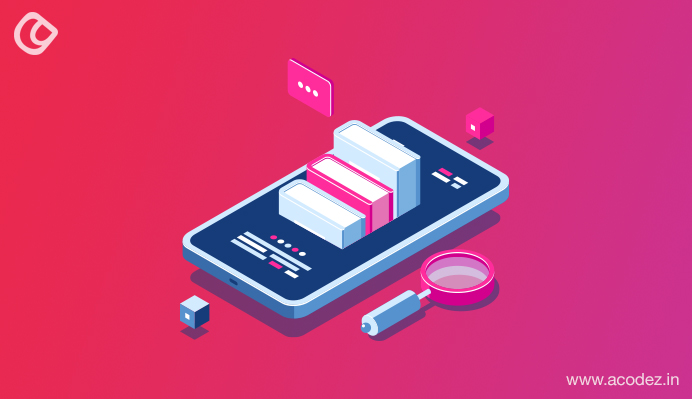Intelligent apps
App
What is a mobile application?
A mobile application (also called a mobile app) is a type of application designed to run on a mobile device, which can be a smartphone or tablet computer. Even if apps are usually small software units with limited function, they still manage to provide users with quality services and experiences.
Contrary to applications designed for desktop computers, mobile applications move away from integrated software systems. Instead, each mobile app provides an isolated and limited functionality. For example, it can be a game, a calculator, or a mobile web browser.
Because of the limited hardware resources of the early mobile devices, mobile apps avoided multi-functionality. However, even if the devices used today are far more sophisticated, mobile apps remain narrowly functional. This is how mobile app owners allow consumers to handpick exactly the functions their devices should have.
The History of the Development of Mobile Apps

If we stride back into the traditional days of mobile app design and development, then, we can probably find that the first used apps were mostly the monthly calendars, calculators and even games that were developed in the Java framework. But, interestingly, the first-ever known smartphone was launched by IBM in the year 1993. And, it came with features such as the contact book, calendar, world clock and calculator.
Intelligent apps
Intelligent apps are applications that use historical and real-time data from user interactions and other sources to make predictions and suggestions, delivering personalized and adaptive user experiences.
Intelligent Mobile Apps: The New Face of Mobile Industry

How Intelligent Apps Work?
1. Intelligent apps do not need keyboard inputs. They produce results just by reading speech, motions and gestures. To help you understand through example, Siri, Alexa, Microsoft Cortana are all Intelligent apps that we use in our daily life.
2. I-apps make use of cognitive API, which include advanced AI features such as machine learning, natural language processing and semantic technology. Using these AI features intelligent apps are able to recognize familiar emotions and faces, convert text into speech and help user in decision making.
3. I-apps move parallel to user activity, they are always in sync with the user behavior. They learn and change to offer a personalized experience. They read and act based on users choices. They are ready for now and future.
4. The smart integration of AI features and use of customer data, analytics and insights help I-apps learn and deliver an experience based on that.
What Are The Benefits Of Intelligent Apps?
1. Makes daily work easy due to their ability to think, act and evolve.
2. Offers predictions that help user make better decisions.
3.Delivers personalized experience that results in customer engagement.
4. Offers efficient app functionalities.
5. Offers seamless interaction through its capability to learn users behavior pattern.
Intelligent Apps In Business
Intelligent Apps are adopted by B2C much faster than other business models. However their adoption into B2B is at an equal pace. These I-apps can benefit every sector due to their power to expand operational excellence. In product based companies, it can alert people on safety, hence reducing the chances of industrial accidents. Not just this, these apps have unique benefits for different sectors. If we think of one such benefit of I-apps that help every business, we would say it is sales, Intelligent apps boost your sales by evaluating and prioritizing leads and predicting the opportunities that can be won.
For Know More Comment Below and tell us 😃
Comments
Post a Comment